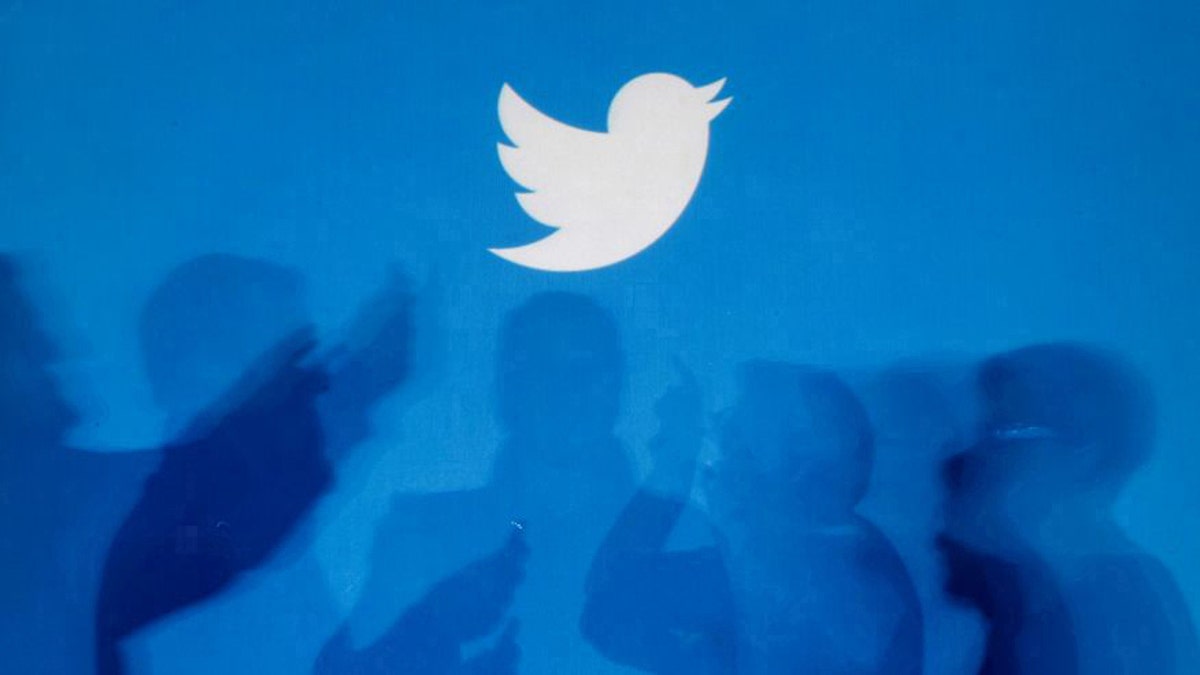
Illustration picture. (REUTERS/Kacper Pempel)
As well as helping you keep up with the news of the day and giving you a place to vent your opinions on just about anything you like, Twitter can also indicate the likelihood of heart disease, according to a new study. Researchers from the University of Pennsylvania, Northwestern University and the University of Melbourne measured the negative emotions in tweets to build up a very accurate picture of heart disease risks in particular areas of the U.S.
Locations where tweets expressing anger, stress and fatigue were more common also had higher numbers of deaths from heart problems. The researchers looked at 148 million tweets spread out over 2009 and 2010 to build up a bank of data, covering 1,300 U.S. counties and 88 percent of the country’s population. The idea that negative emotions are linked to heart disease isn’t a new one, but the report published in Psychological Science gives us another example of the way that information can be mined from our activities on social media.
Related: Twitter announces ‘while you were away’ recap feature
“Psychological states have long been thought to have an effect on coronary heart disease,” said Margaret Kern of the University of Melbourne, one of the report’s co-authors. “For example, hostility and depression have been linked with heart disease at the individual level through biological effects. But negative emotions can also trigger behavioral and social responses; you are also more likely to drink, eat poorly and be isolated from other people which can indirectly lead to heart disease.”
The team behind the study looked for four-letter expletives and other negative language, measuring their frequency against positive words such as “wonderful” or “friends” to build up an overall picture. Twitter itself has experimented with searches that analyze the sentiment within updates, too. In the future, the report’s authors say that social media could be a useful and inexpensive way of gauging the health of a section of the population.
It might be worth taking a quick look back through your own timeline — do you need to set aside some time to relax?








































